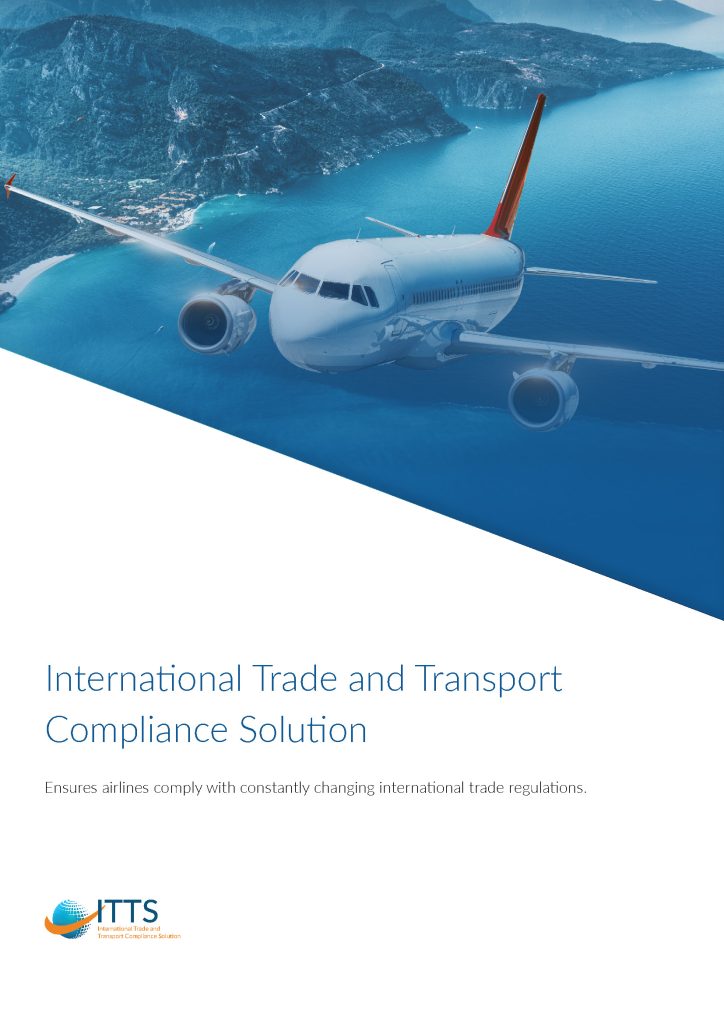The Background
International Trade and Transport brings increased risks as every border crossed means new and different watchlists, including sanctions, export control, law enforcement most wanted, and more. Some government customs offices do their own checks, others do not or are themselves watchlisted. The penalty, in other words, will always fall on the carrier or shipper.
Having sanctioned banks the world over, governments are moving to impose heavier penalties on the aviation industry. However, currently, the aviation industry is especially vulnerable due to compliance processes that have been very manual, error-prone, and expensive.
In 2019, IATA published guidance stating that “Risk mitigation at acceptance and during transportation as well as preventive actions to comply with export sanctions are therefore a priority for airlines.” Currently, forty-eight airlines and aviation support companies are watchlisted globally, as are 250 aircraft. Active compliance management by airlines and their partners in the supply chain must be a top priority.
Most shippers and freight forwarders, as well as some government customs offices, do their own checks while others do not or are themselves watchlisted. Penalties for not complying are increasingly being imposed on both logistics services providers and financial institutions. At the same time, financial institutions must have anti-money laundering policies and procedures in place to prevent the financing of terrorism and proliferation. They must not only examine sanctions lists, but they must also grasp the nature of the commodities involved in a transaction. Is a dual-purpose item involved?










